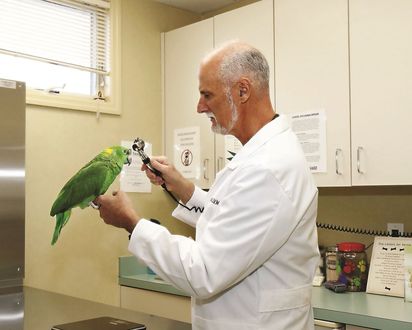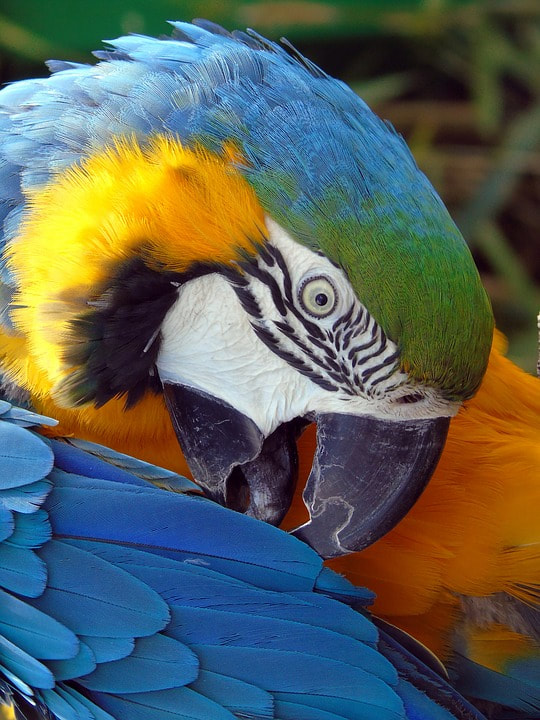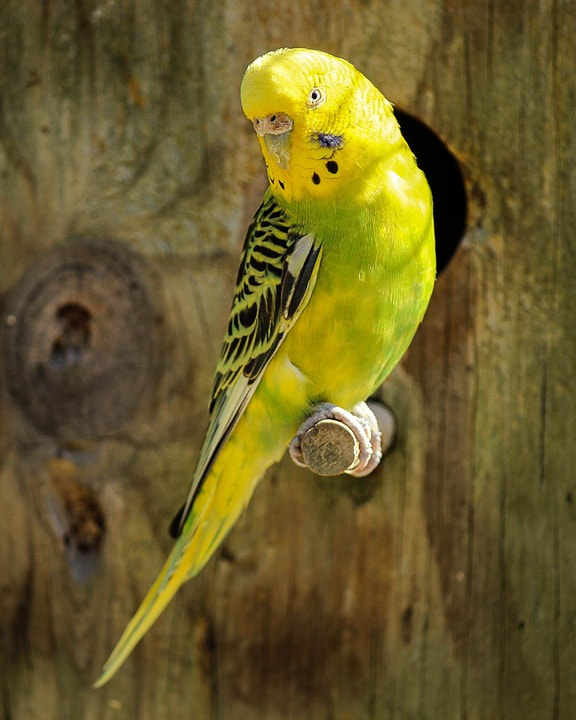Avian Care

Those who have pet birds know they can make great companions. Not only are many birds replete with beautiful colors, but their songs can really make a house come alive or their “human-like voices” can amuse us for hours. Like other kinds of pets, birds have unique needs. Birds are well known for being slow to exhibit signs of disease, and for this reason it is recommended that birds be taken to see an avian veterinarian at least twice each year. At our veterinary hospital, veterinary care is provided to determine if birds have potentially dangerous parasites or diseases and, if so, how they can best be treated. If you are a bird owner and are seeking an experienced group of avian veterinarians for a regular checkup or to address a specific issue, contact the Dog Cat & Bird Clinic of Nutley today.
Avian Veterinary ServicesThe services our avian veterinarians provide are designed to provide for the full range of a bird's needs. . Our veterinary services for birds include:
IF ANY OF THE FOLLOWING ABNORMAL SIGNS ARE SEEN IN YOUR EXOTIC PET THEY SHOULD BE BROUGHT TO A QUALIFIED VETERINARIAN IMMEDIATELY:
Enrichment Techniques For Birds
|
Avian Frequently Asked QuestionsQ: WHY SHOULD I BRING MY BIRD TO A VETERINARIAN?
A: Birds in the wild survive because they hide illness from their predators. This behavior still exists in caged birds and it is often too late by the time symptoms of illness are visible. Your veterinarian will teach you how to prevent illness, and how to take care of your bird so that you can maintain a long, happy and healthy relationship with your bird. Q: WHAT CAN A VETERINARIAN DO FOR MY BIRD IF HE/ SHE IS HEALTHY? A: An experienced exotic animal veterinarian should examine your bird for any abnormalities, monitor its weight and growth, check for intestinal or external parasites, and be sure that you are aware of the proper diet and care for your individual bird. Q: WHY DOES MY VETERINARIAN WANT A FECAL SAMPLE FROM MY BIRD, EVEN IF MY BIRD DOESN'T GO OUTSIDE? A: Birds can get intestinal parasites, and often carry many types of bacteria, some of which aid healthy digestion, but many are harmful and can make your bird sick. If abnormal bacteria are found, your veterinarian will want to culture it as a routine screening or to diagnose illness. The fecal will also screen for abnormal yeast that can also make your bird sick. Q: WHY SHOULD MY VETERINARIAN TRIM MY BIRDS NAILS OR BEAK? A: Overgrown nails will disable a bird from holding onto its perch, and could cause injury. Overgrown or malformed beaks can prevent a bird from eating and cause injury when preening. Q: CAN I PREVENT MY BIRD FROM GETTING DISEASE? A: Many diseases can be prevented with a good diet and proper environment, but most disease can benefit by early detection. This early detection can be provided by regular exams by a qualified exotics veterinarian. Q: SHOULD I ASK MY VETERINARIAN TO CLIP MY BIRD'S WINGS? A: Bird's wings are clipped to create less wind resistance so your bird can't fly away and to aid with training. If done correctly, the bird should be able to maintain balance without flying away. Your veterinarian will evaluate blood feathers present to determine if they need removal. |
Hours
MONDAY 8:00 AM- 5:00 PM
TUESDAY 8:00 AM-5:00 PM WEDNESDAY 8:00 AM-4:00 PM THURSDAY 8:00 AM-5:00 PM FRIDAY 8:00 AM-4:00 PM SATURDAY 8:00 AM-12:00 PM PHONE NUMBER 973-661-0441 FAX NUMBER 973-661-0979 Make sure to go to your pet's Covetrus Portal and opt-in for text messaging! EMAIL US [email protected] |
|





